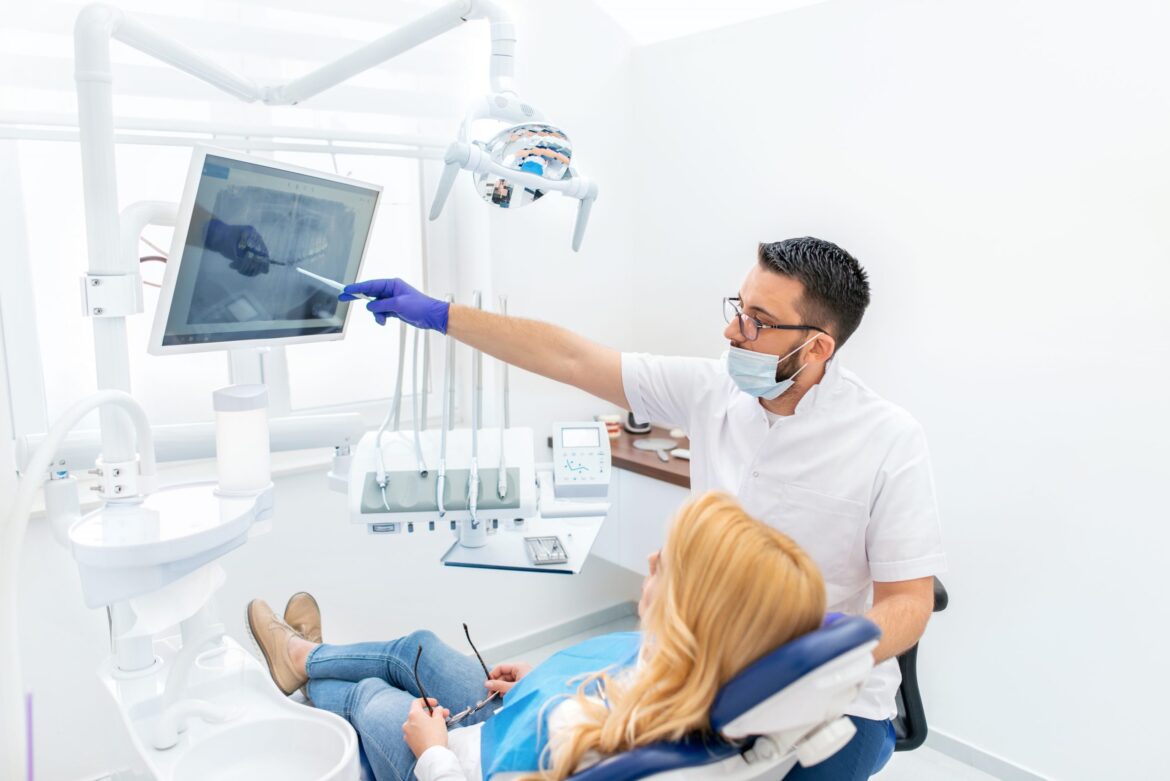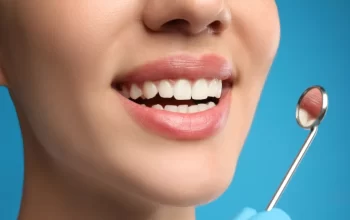Bacterial growth inside the mouth can attack the soft tissues surrounding teeth, leading to periodontal disease. The good news is that gum disease can be treated easily during the early stages, called gingivitis, but unfortunately, many patients continue to ignore the initial signs and delay booking an appointment with their family dentist in Kips Bay, New York. In this post, we will discuss periodontal disease in great detail, along with signs that need attention.
Warning signs of periodontal disease
- Bleeding gums: One of the first telltale signs of periodontal disease is bleeding from the gums while eating or brushing. This happens because the gums are inflamed. If you have noticed blood while brushing or flossing, check with your dentist.
- Bad breath: Also called halitosis, bad breath is also a sign of gum disease, especially if the patient has been brushing and flossing regularly.
- Gum recession: If your teeth appear longer than usual, it could be a sign of recession of gums because of periodontal disease. When ignored, this can eventually lead to tooth loss.
There are also certain risk factors, such as diabetes, heart disease, and osteoporosis, which are associated with periodontal infections.
Diagnosis and treatment
Your family dentist can treat gingivitis and early signs of periodontal disease, but if the symptoms have advanced, they may recommend you see a periodontist. Periodontists have completed four years of dental school along with an additional three years of training to specialize in the prevention and treatment of infections and diseases affecting gums. Many dental practices in Kips Bay have periodontists who offer complete care.
During the first appointment, the dentist or periodontist will do a complete examination to check the gums, teeth, and jawbone. If periodontal disease is diagnosed, they will decide the best treatment option, depending on the symptoms and extent of the gum issues. Treatments include –

- Root scaling and planing: If you have mild periodontal disease, your dentist may recommend root scaling and planing, which involves cleaning the debris from the pockets, which heals the gums. Additional advice may be provided, such as using a medicated mouthwash. Usually, root scaling and planing are the two most effective procedures for mild to moderate gum disease, and your dentist will use local anesthesia so you won’t feel any pain.
- Surgical treatment: If the disease has advanced, your dentist may recommend surgeries to address gum recession and reduction of pockets.
- Implants: Patients who are missing several teeth because of periodontal disease can benefit from dental implants, which work as posts for lost teeth. Implants help prevent bone mass loss, and there are multiple restoration options for getting replacement teeth, such as crowns, dentures, and bridges.
Can you prevent periodontal disease?
Yes, it is possible to prevent periodontal disease. Here are some quick tips –
- Follow oral hygiene habits. Always brush and floss your teeth twice a day, and flossing is just as important to get rid of food particles and decay between your teeth. You can also ask your dentist about medicated mouthwash.
- Watch what you eat. You need to consume foods that are rich in vitamin C, which is crucial for gum health. Eat more of kale, oranges, and wholesome foods.
- Quit tobacco. If you smoke or consume tobacco in any form, consider quitting. Tobacco use is associated with numerous health conditions, including periodontal disease.
- Keep up with routine exams. You should see your dentist every six months, which can help avoid many concerns, including gum disease and decay. Early intervention and care are always better.
If you haven’t booked an appointment with your dentist in Kips Bay in more than six months, schedule the next one TODAY!



